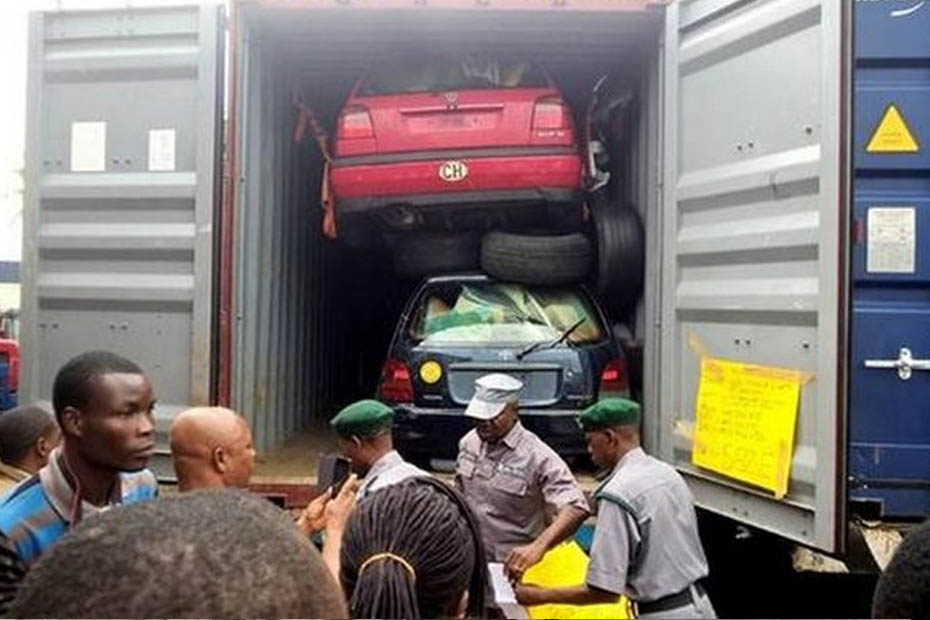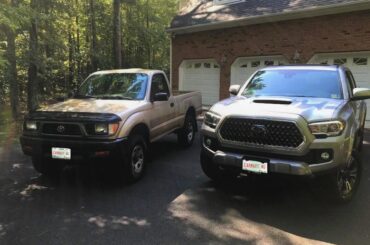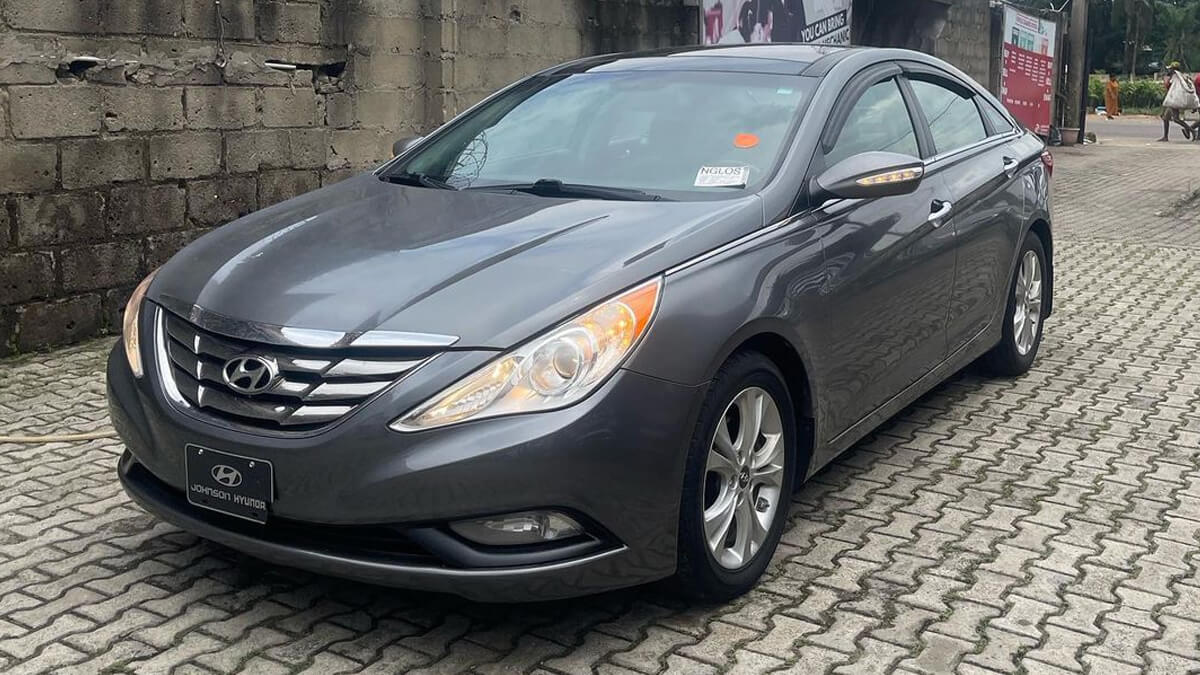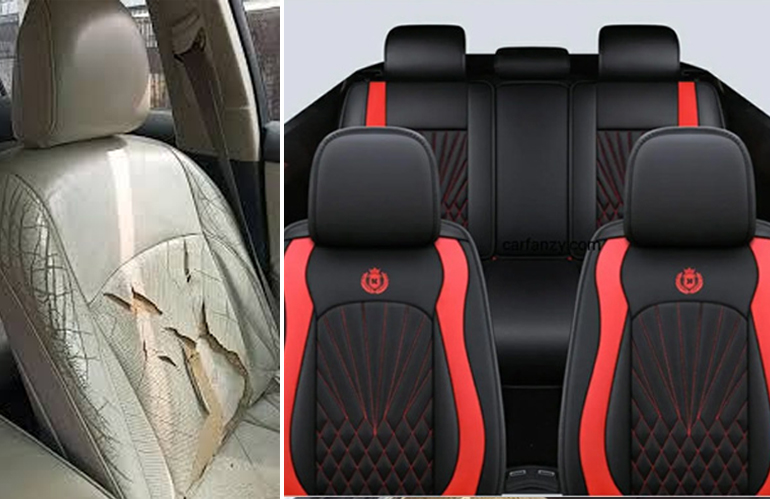It is clear enough that Nigeria is one of the largest automobile manufacturers in Africa, and the demand for cars has been increasing with each passing year. However, unlike other goods such as refrigerators or washing machines that have direct duty rates, taxes on cars in Nigeria are calculated based on a variety of factors. In addition to this, there are different tax rates for new cars versus used ones as well as whether it’s coming from a partner country or not. To ensure you understand all these implications and how they affect your personal situation before you take the bold step of owning a car, we have a compiled list of comprehensive guides to get you informed.
If you’re having a thought of purchasing a brand new car in Nigeria, especially in cities like Lagos and Abuja, get ready and fully prepared to pay amazing lots of different taxes and fees. “Of course, it’s not easy to be a car owner, especially in our very own country; Nigeria”.
Below is the combined list of taxes and fees to pay, as a first-time owner of a brand-new vehicle in Nigeria:
- Valued Added Tax (VAT)
The VAT rate in Nigeria is 7.5%, majorly considered ”Federal Tax”, applicable on all goods and services, including new cars. But there are zero-rated and exempt items that do not attract a 7.5% rate. Goods exempt include; Medical and pharmaceutical products. Basic food items: Basic food items mean agro and aqua-based staple food.
Nigeria Customs Service exempts Electric Vehicles (EVs) and steel imports from value-added tax (VAT). The exemption aims to promote the adoption of EVs in Nigeria and reduce greenhouse gas emissions
- Custom Duty
Customs duty is basically a tax levied on certain goods being imported into a country. Custom Duty on Cars in Nigeria is the tax levied on imported cars. Depending on the type of car, the engine capacity, and its price, custom duty on cars in Nigeria can range from 5-35%. In Nigeria, imported new cars attract a general duty rate of 25% while used cars attract a rate of 35%.
- Excise Duty
Excise duty is a tax charged on manufactured goods; levied at the time of manufacture. An import adjustment tax (IAT) levy at a rate of 2% on motor vehicles with an engine capacity of 2000cc to 3999cc and at a rate of 4% on motor vehicles with an engine capacity of 4000cc and above, with certain exclusions including for mass transit busses and locally manufactured vehicles.
- Registration Fee
There are different things to take into consideration when trying to register a car in Nigeria. Although this vehicle registration process might be difficult for many who do not have the patience, however, you can always get a professional agent to get it done for you in no time. New vehicle registration fee involves the: Number plate fee, vehicle registration fee, vehicle license fee, R/W, MOT, and E-Wallet fee, which sum up the total fee, ranging from #26,375.00 to #31,375.00, depending on the vehicle engine type.
- Road Worthiness Certificate
Roadworthiness refers to the state of a vehicle being suitable and safe to operate on public roads. This means that the vehicle meets the minimum safety and operational standards set by the government and is able to function properly without posing a danger to its passengers or other road users. Before issuing the certificate, the vehicle will undergo inspection. These inspections include checking the vehicle’s brakes, lights, tyres, suspension, steering, and other critical components to ensure they are functioning properly.
- Insurance
Car insurance fee in Nigeria depends on several factors. These factors include car value, location, vehicle age, safety features & anti-theft system, and deductibles. The average annual premium for comprehensive car insurance in Nigeria can vary greatly but typically falls within the range of 3% to 5% of the vehicle’s value. For an average mid-range saloon car valued at around ₦5 million, drivers can expect to pay around ₦150,000 to ₦250,000 annually.
- Documentation Fees
A documentation fee is a fee that dealers may charge the customer to cover the expense of completing the paperwork, registering the vehicle, ensuring liens are correctly recorded, and ensuring you receive your license plates, and the necessary documents. Everything must be verified and double-checked because one tiny error can result in the paperwork being rejected.
Documentation fees are an unavoidable cost when purchasing a new car, though negotiable. They are add-on costs assessed when a vehicle is under contract.
Have 1 million naira and above to Buy or Sell Cars In Nigeria? Check carlots.ng
All rights reserved. Reproduction, publication, broadcasting, rewriting, or redistribution of this material and other digital content on carmart.ng is strictly prohibited without prior express written permission from Carmart Nigeria - Contact: [email protected]







